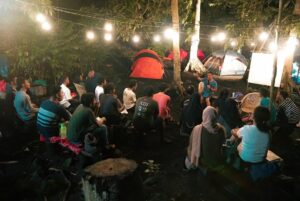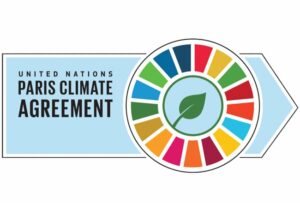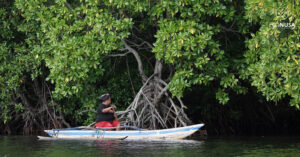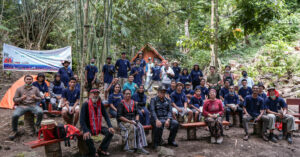
Raise your hand if you frequently don’t finish your meal and discard the leftovers? Do you realize that the leftover food you throw away will become food waste, which is Indonesia’s major contributor to waste? According to data from the National Development Planning Agency (Bappenas), the number of food waste in Indonesia reaches 23 million tons to 48 million tons per year between 2000 and 2019. Meanwhile, the World Food and Agriculture Organization (FAO) estimates that roughly 1.3 billion tons of food is wasted globally each year. This is ironic in light of the fact that there are still many starving people around the world.
The large amount of food waste produces plenty of problems and losses. Food waste generates economic losses of IDR 213 trillion to IDR 551 trillion each year, or about 4-5 percent of Indonesia’s Gross Domestic Product, according to Bappenas (GDP). Furthermore, it has been found that food waste has a number of negative impacts on the environment. So, what are the consequences, and how can we help? Let’s scroll down to find out!
Check Out These Negative Impacts of Food Waste on the Environment!
It’s a huge contributor to global warming
When food waste is stacked up in landfills, it decomposes over time, releasing significant amounts of methane gas. Methane gas is one of the greenhouse gases that contributes to global warming. In fact, methane gas emissions are believed to be more hazardous than carbon dioxide emissions.
Food waste produces leachate
Food waste can also aid in the production of leachate, which is water or any kind of liquid that has been contaminated by waste piles. If not being managed properly, the waste in landfills can release numerous components and compounds which later damage the environment. One of the examples is polluting the rainwater that will soak into the ground.
Wasting water supply
By wasting food, it means that we are also wasting the water supply used to produce food. According to the World Resources Institute, if there are 1.3 billion tons of food waste in the world every year, then at least 45 trillion gallons of water are wasted. Water is used extensively in the manufacturing of numerous types of food around the world. For example, according to data from the World Water Assessment Program, the agriculture sector uses 70% of the world’s fresh water.
Endanger the ecosystem and wildlife
According to a study, vegetables and fruits make up the majority of food waste, which can eventually draw the interest of numerous animals. However, these animals can also suffer unfavorable consequences if they eat decayed food.
So What Can We Do to Prevent Food Waste?
Buy and store groceries wisely
When going shopping for groceries, try to make notes in advance what ingredients you really need. Then, store these food ingredients properly so they can last a long time and don’t go stale quickly. You’ll be able to prevent having any leftovers this way.
Prepare meals as needed
To avoid food waste, estimate the portion of food you’ll need ahead of time. This tip is especially useful when cooking for a large group, such as at a party with a lot of people.
Make creative use of leftovers
If you are unable to complete your meal for some reason, you can attempt to repurposing the leftovers. For instance, you can utilize them as compost or transform them into other forms of food.
Donate any excess food
Have excess food from a party at your house, on campus, or at a wedding? Instead of wasting them, you can donate the leftovers to food banks, who will later distribute the foods to those in need.
Now that you’re aware of the dangers of food waste and how we can prevent this problem, don’t forget to put the tips into practice, okay? Then, don’t forget to remind and educate your closest friends and family members about the food waste issue, too! By doing these simple things, you have done something amazing to the environment.
If you want to encourage more people to care about food waste, you may learn more about how to become an environmental diplomat by attending the School of Eco Diplomacy. Through this program, you will be given a lot of knowledge and skills that are important for environmental diplomat to carry out their actions. Keep an eye on the EcoNusa website and social media for the next School of Eco Diplomacy!








